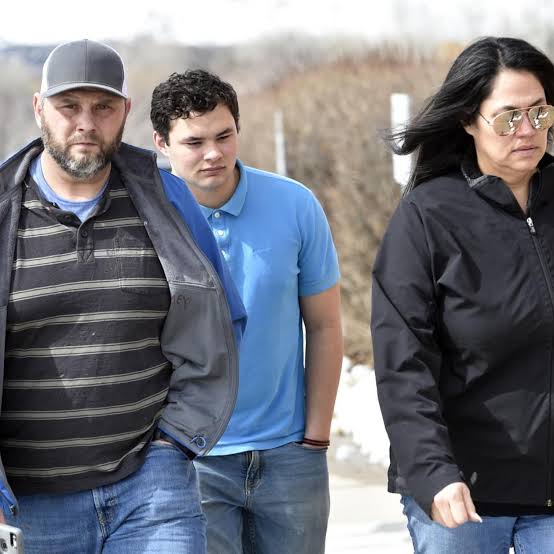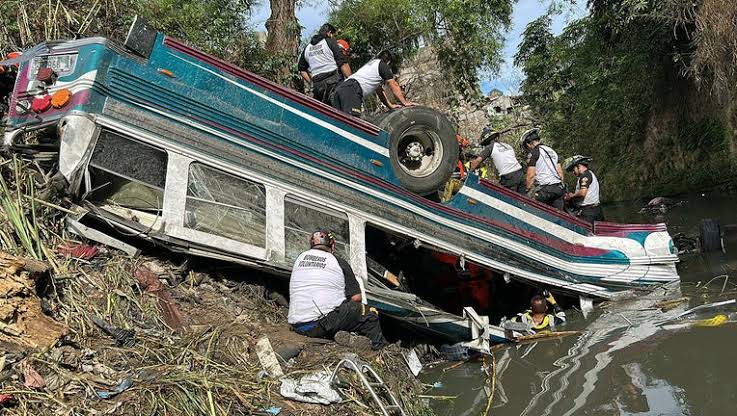Three CU Boulder Students Arrested for Gambling Away $150,000 of Parents’ Life Savings
Three CU Boulder Students Arrested for Gambling Away $150,000 of Parents’ Life Savings
Boulder, Colorado – April 29, 2025 – Three University of Colorado Boulder students are facing serious criminal charges after allegedly using their parents’ life savings to fund an illegal online gambling spree that resulted in the loss of more than $150,000. The incident has sparked concern across campus and in the wider Boulder community about gambling addiction among young adults and the ease of access to online betting platforms.
According to Boulder Police Department spokesperson Jessica Armitage, the students—identified as 21-year-old Jason Miller, 20-year-old Chloe Rivera, and 22-year-old Marcus Chen—were arrested on Friday evening following an investigation that began earlier this month when one of their parents reported suspicious withdrawals from a joint bank account.
—
The Shocking Discovery
The investigation was initiated after Marcus Chen’s father contacted authorities, claiming that nearly $50,000 had mysteriously vanished from a savings account the family had set aside for Marcus’s post-graduate studies. When police looked into the account, they discovered multiple large transactions directed to online betting platforms, including high-risk sports gambling websites and online poker rooms.
Further tracing revealed a network of shared digital wallets and app-based transactions that connected Chen’s activity to that of Miller and Rivera. Detectives later confirmed that the trio had pooled their funds in an effort to increase their “bankroll” and chase larger winnings.
“They thought they had a system to beat the odds,” said Armitage. “But in the end, it was reckless behavior that resulted in the complete loss of all funds and a series of very serious criminal charges.”
—
How It Happened
Investigators say the trio began gambling small amounts last fall but became deeply involved in online betting during the spring semester. With a shared interest in sports analytics and poker, the three students began frequenting illegal online gambling sites—many of which are based overseas and operate without U.S. regulatory oversight.
Initially, the students used their own savings and small amounts of money borrowed from friends. But as losses mounted, desperation set in. Authorities believe it was Jason Miller who first accessed a joint savings account held by his parents under the impression that he would use the funds to pay for tuition. Instead, he funneled over $60,000 into a crypto-based gambling platform over the course of just three weeks.
Chloe Rivera followed suit, transferring $40,000 from an account that had been earmarked for her mother’s upcoming surgery. Investigators say she told friends she intended to “double the money by March” so her family wouldn’t have to worry about hospital costs.
By the time Chen joined the operation in early March, the trio had already lost tens of thousands but were convinced that a winning streak was right around the corner.
—
Arrest and Charges
The students were taken into custody without incident and are currently being held at the Boulder County Jail. Each is facing the following charges:
Felony theft
Wire fraud
Illegal use of computer networks for financial gain
Conspiracy to commit fraud
If convicted, they could face up to 10 years in prison and substantial financial penalties. Boulder District Attorney Elise Daniels commented on the case during a press conference Monday morning:
“This case is a stark reminder that gambling—especially unregulated, illegal gambling—can lead to devastating consequences. These students had bright futures, but in the span of just a few months, they risked everything, including their freedom and their families’ financial security.”
—
University Reaction
The University of Colorado Boulder released a brief statement expressing shock and disappointment over the students’ actions.
“We are deeply saddened by the circumstances surrounding this case. While we cannot comment on ongoing legal matters, we are cooperating fully with law enforcement and will follow university protocol regarding disciplinary measures,” the statement read.
The university has also launched a review of its current student support services, particularly those addressing financial literacy and addiction counseling.
—
The Role of Online Gambling
This incident sheds light on the growing problem of online gambling among young adults. A 2024 study by the National Council on Problem Gambling reported that nearly 18% of college-aged students in the U.S. have engaged in some form of online betting, with approximately 5% showing signs of a gambling disorder.
Experts say that the rise of cryptocurrency and mobile betting apps has made gambling more accessible—and more addictive—than ever before.
“Today’s gambling platforms use algorithms designed to keep users hooked,” explained Dr. Helen Farnsworth, a clinical psychologist who specializes in addiction. “When young people who are already under financial stress engage in these behaviors, the results can be catastrophic.”
—
Parents Left Devastated
Perhaps the most tragic aspect of this story is the toll it has taken on the students’ families. Many of the funds lost represented decades of careful saving, and some families say they are now facing financial ruin.
“I trusted my son to do the right thing,” said one of the parents, speaking anonymously. “We gave him everything he needed. Now we have nothing left. Our retirement plans are gone. Our trust is gone.”
Chloe Rivera’s mother, who was scheduled for a medical procedure later this summer, has postponed her surgery due to the missing funds. Friends and family have started a GoFundMe campaign to help cover medical expenses, which has raised $8,000 as of Tuesday.
—
What Happens Next
The legal process for the three students is just beginning. A preliminary hearing is scheduled for May 15, 2025, where the court will decide whether to proceed to trial.
In the meantime, the university has placed the students on interim suspension, pending the outcome of both legal and internal disciplinary proceedings.
Each of the students has retained legal counsel. Attorneys for the defendants have not issued public statements but are expected to argue that their clients’ actions, while unlawful, were not malicious and stemmed from a shared addiction and immaturity.
—
A Cautionary Tale
This case has quickly become a cautionary tale for students, parents, and educators. It highlights the importance of open communication about money, the risks of unregulated online activity, and the very real threat of addiction in digital spaces.
“There’s a lot of pressure on students to succeed and provide for their families,” said Dr. Farnsworth. “But gambling is never the solution. If anything, it’s a fast track to personal and financial destruction.”
As the Boulder community grapples with the fallout, local organizations are urging families to monitor financial accounts more closely and to seek help at the first sign of gambling behavior.
—
If you or someone you know is struggling with a gambling addiction, contact the National Problem Gambling Helpline at 1-800-522-4700 or visit www.ncpgambling.org.






